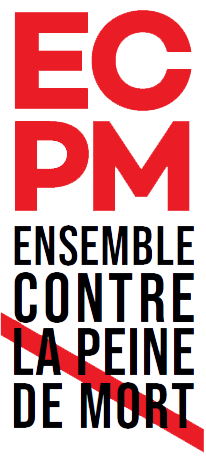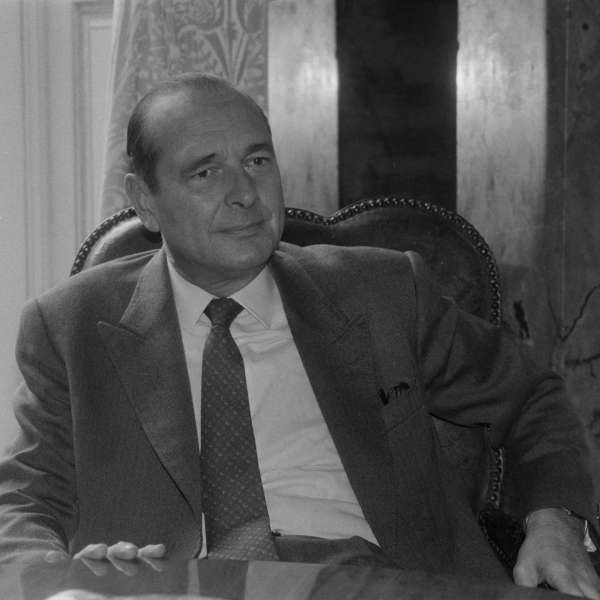21
JACQUES CHIRAC
FRANCE
RESSOURCES :
Jacques Chirac
(1932-2019)
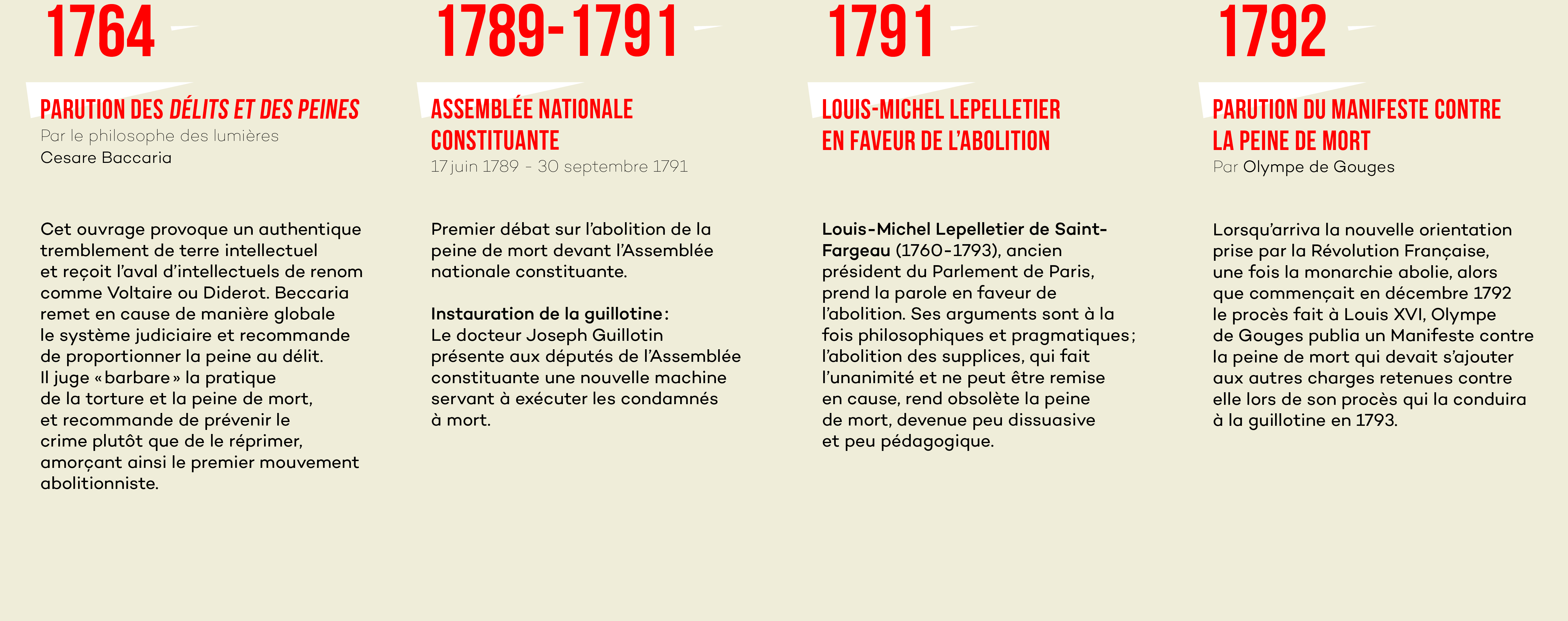
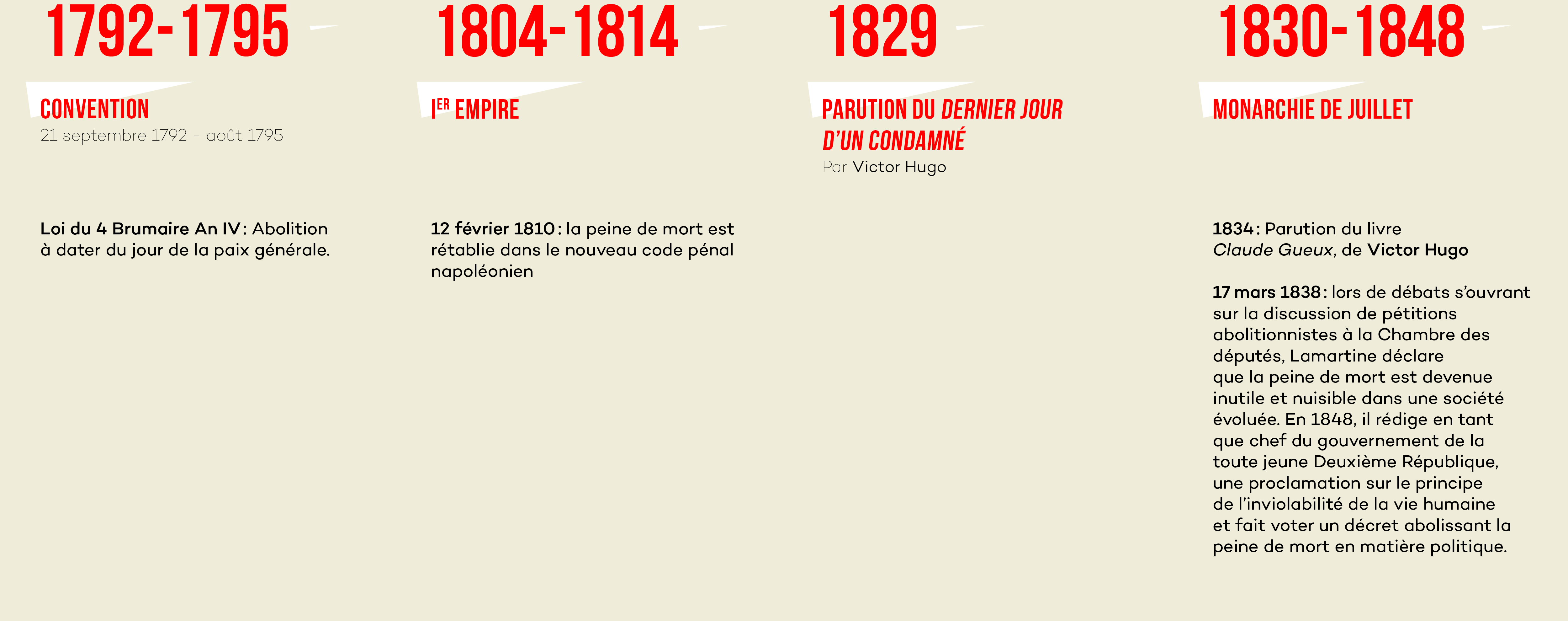
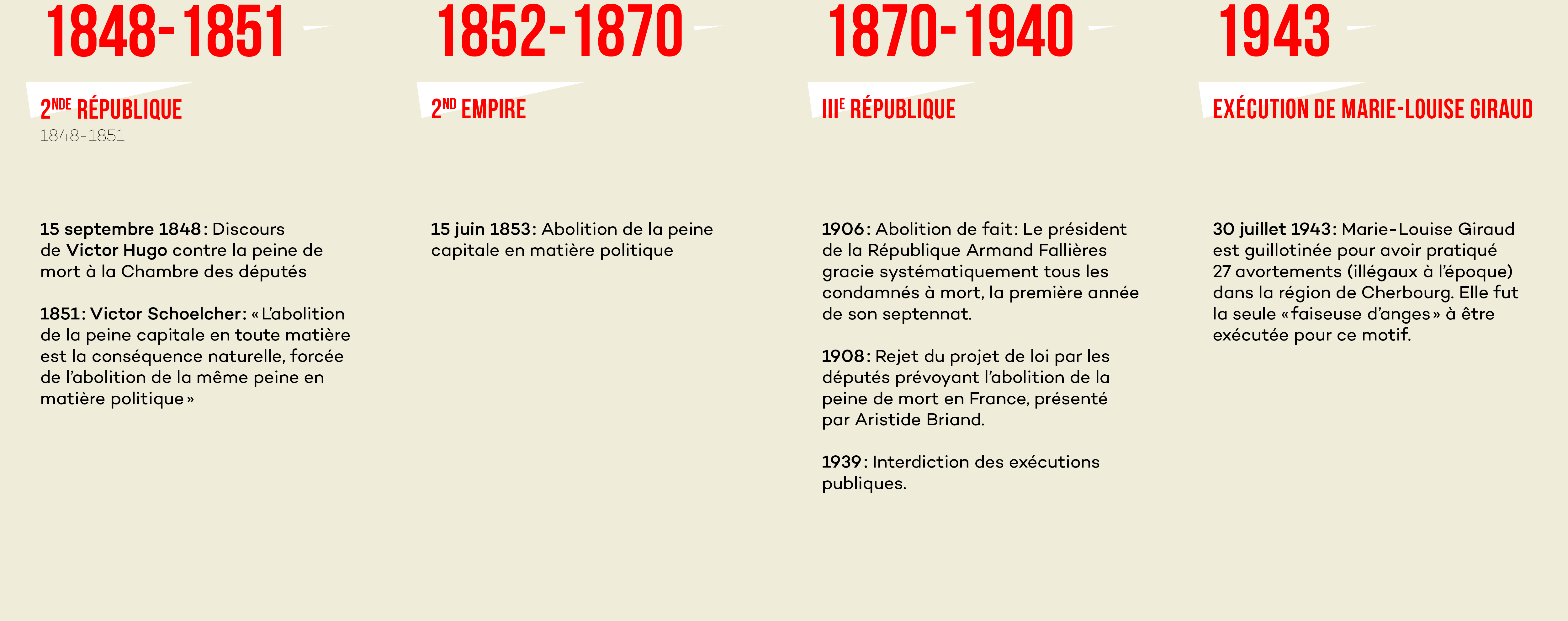
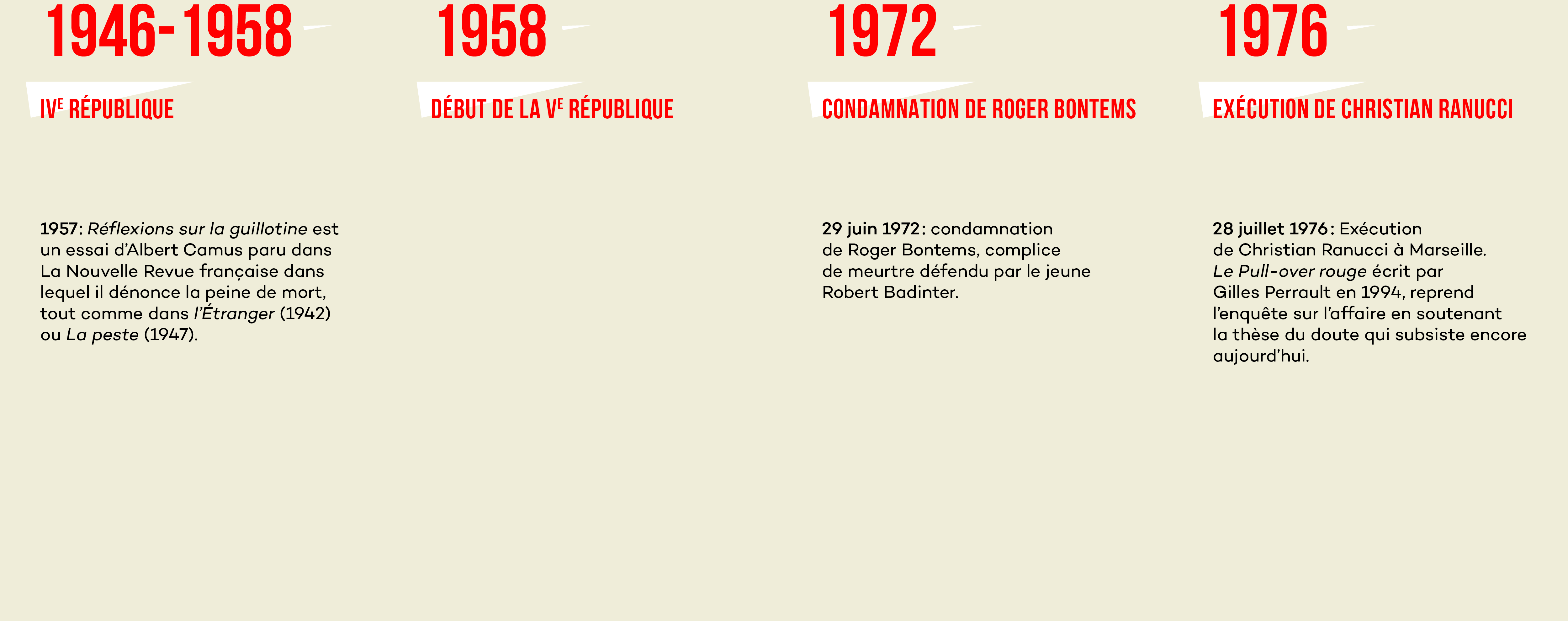
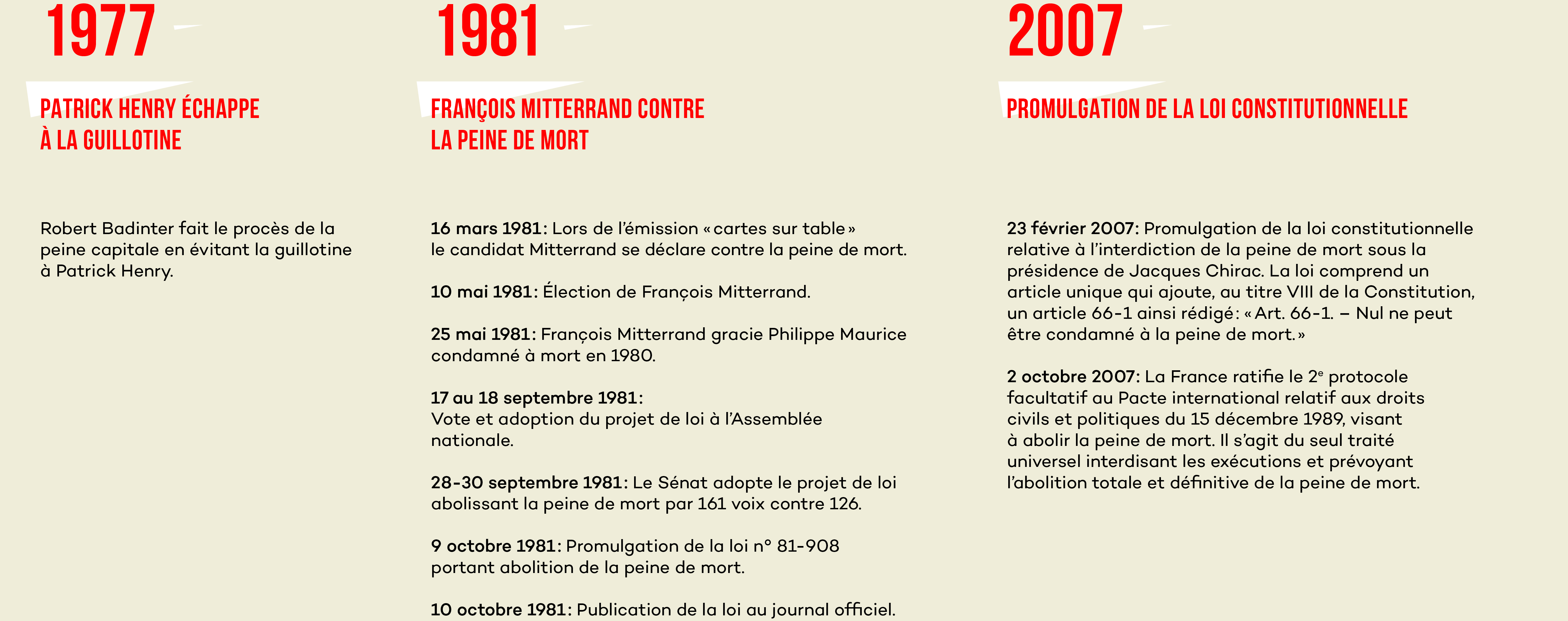
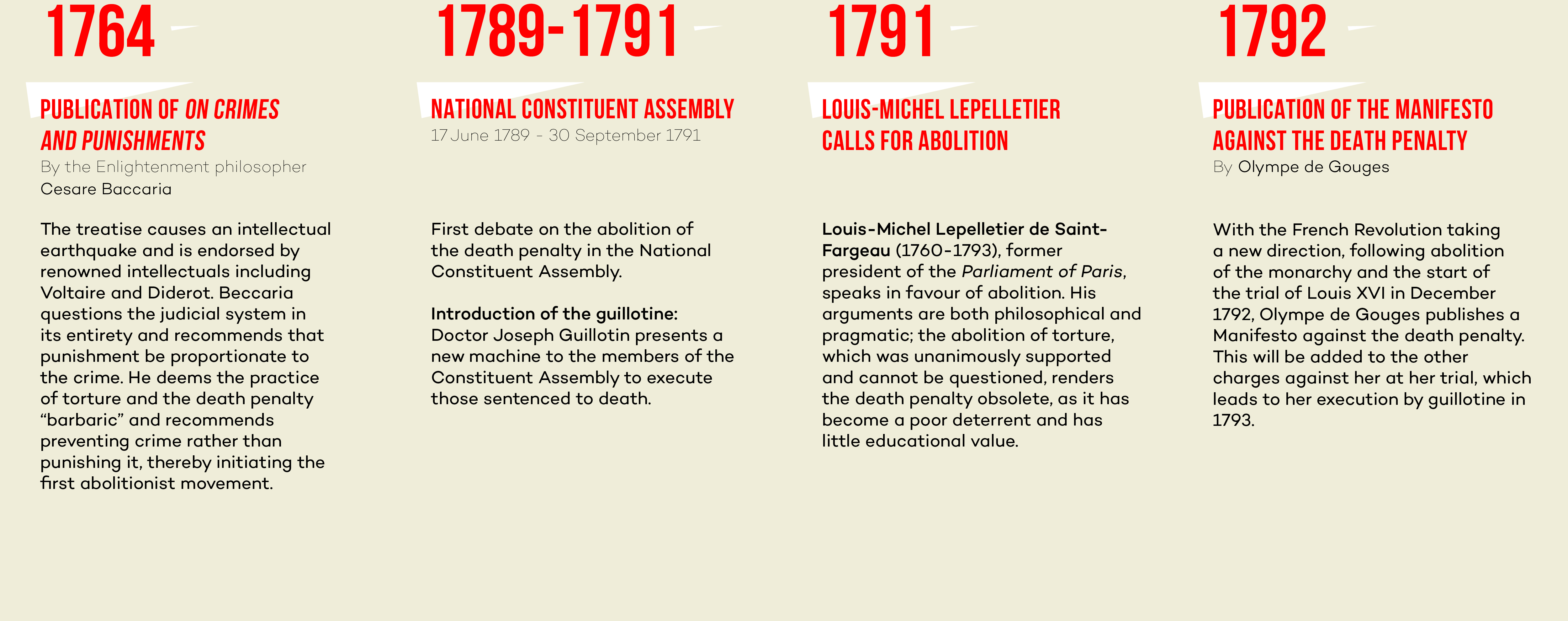
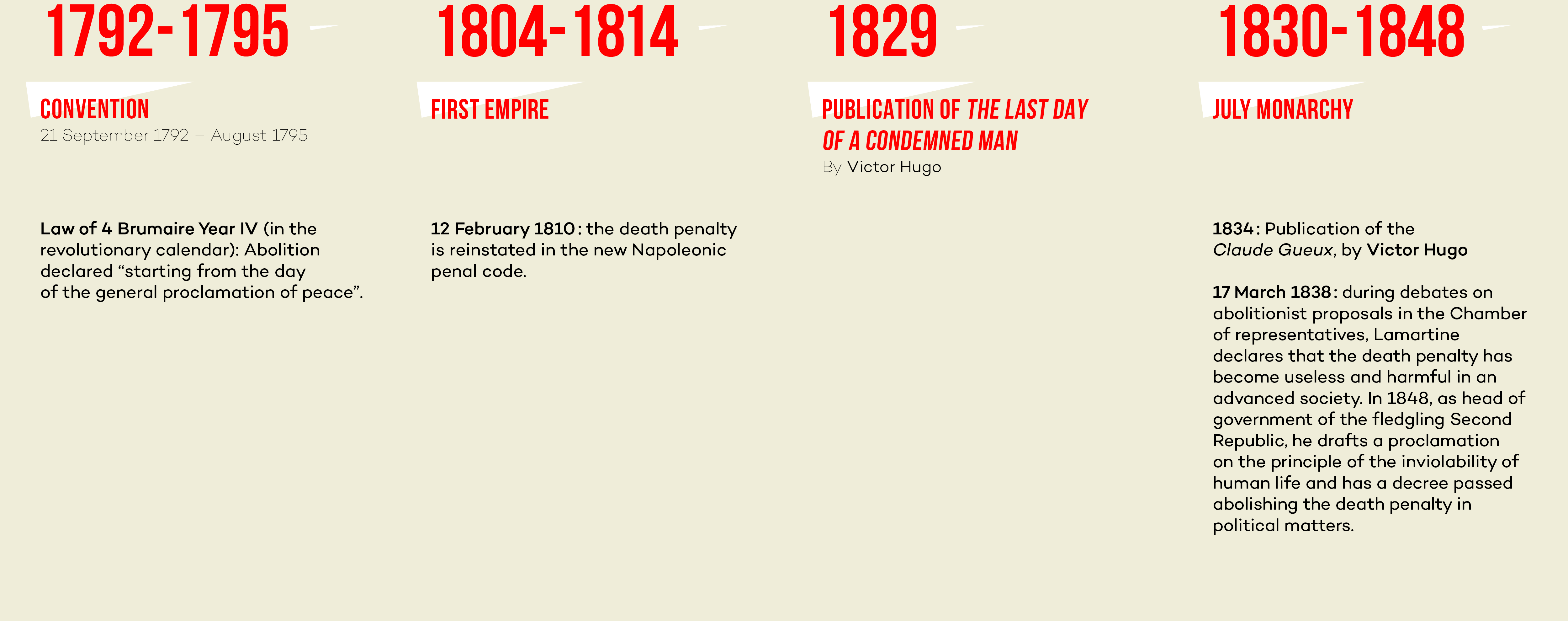
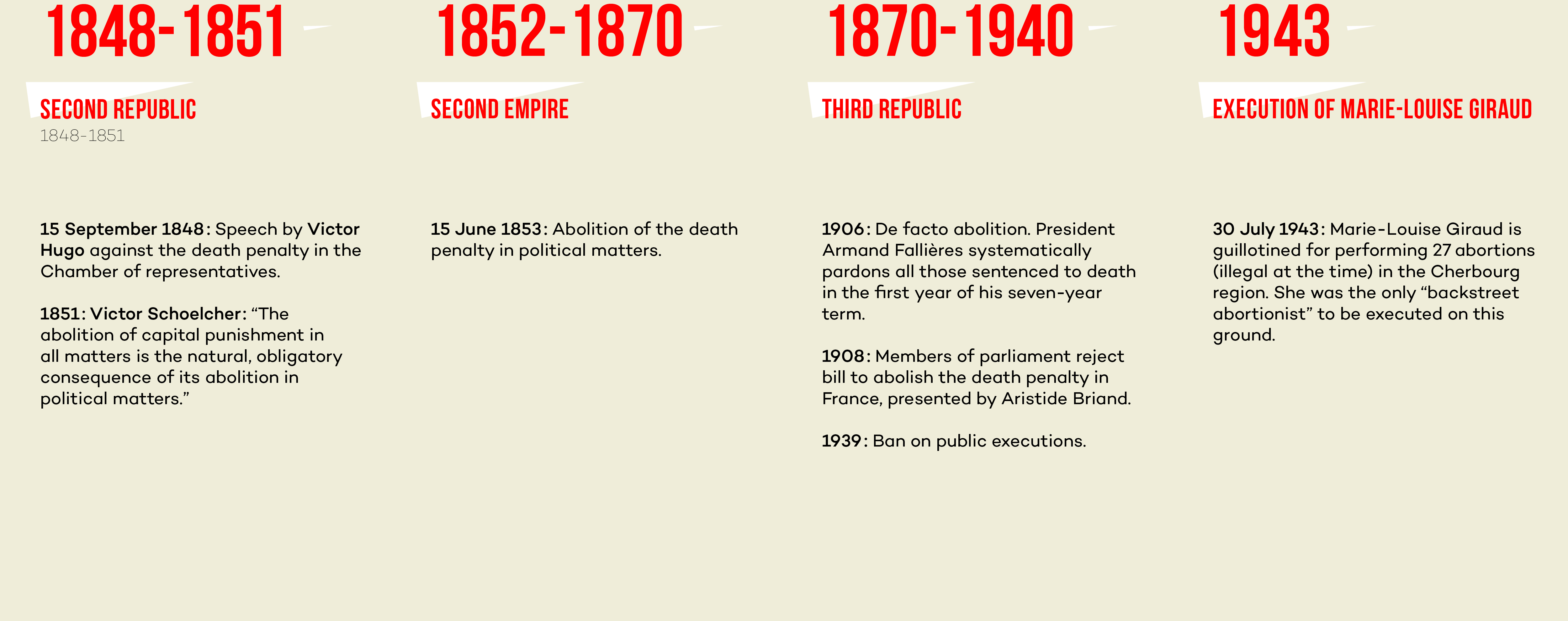
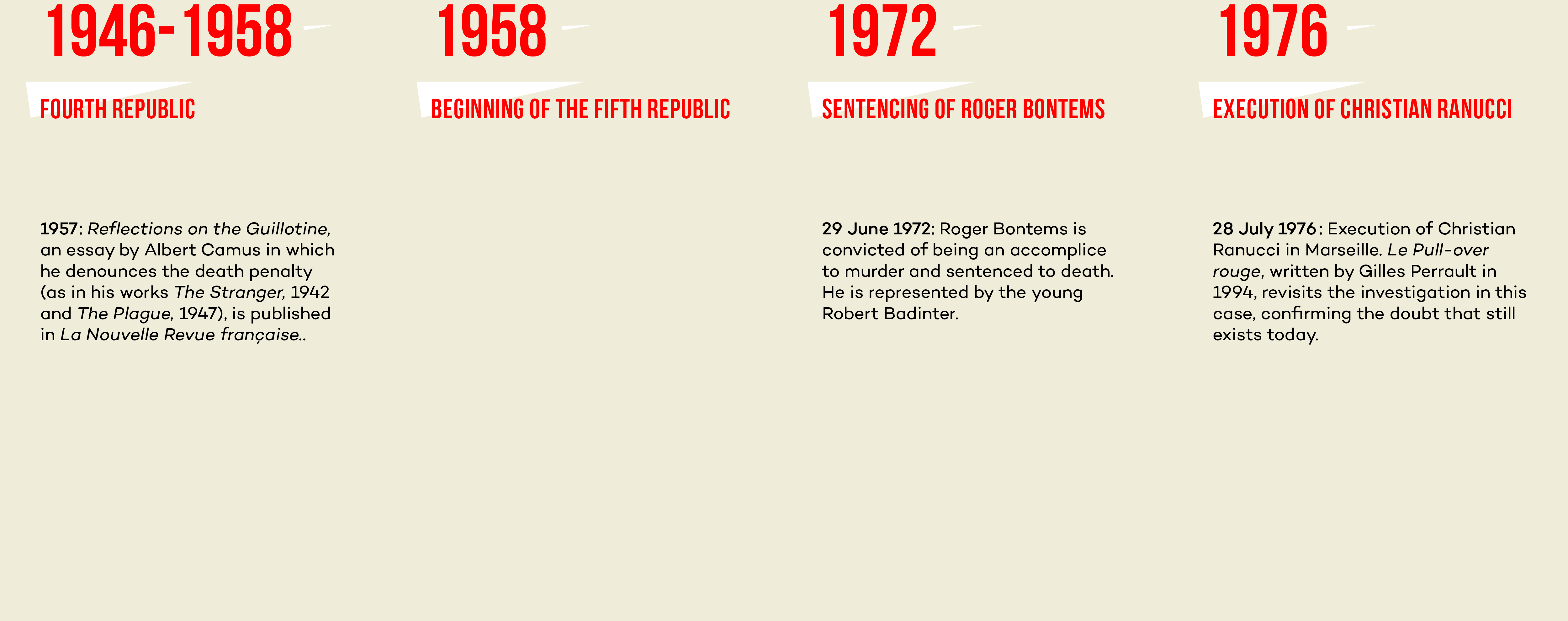
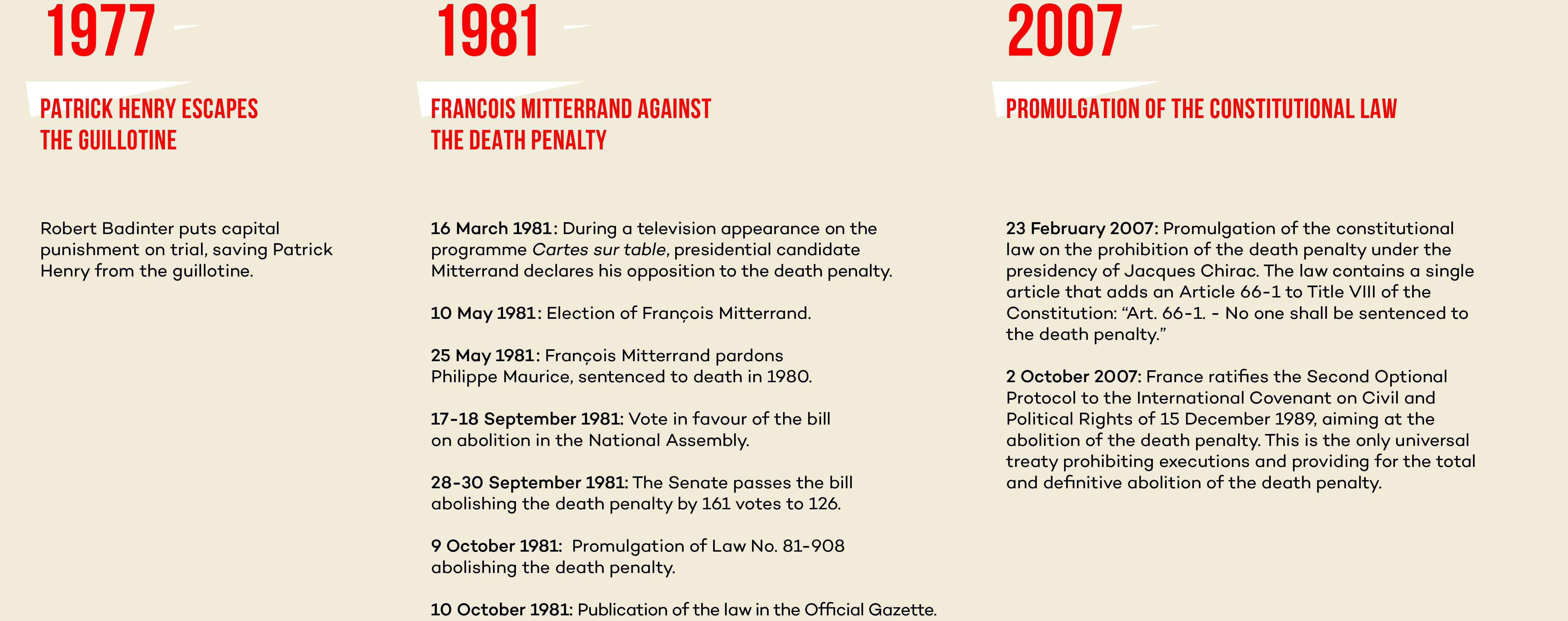
Jacques Chirac, abolitionniste convaincu, décide d’ajouter un amendement à la Constitution française le 23 février 2007. Il a été de ceux qui à droite ont voté contre leurs rangs pour le projet d’abolition de la peine de mort de Badinter. En effet, trente-et-un députés RPR et UDF ont voté « OUI » à l’abolition les 17 et 18 septembre 1981. Chirac avait même fait une déclaration pendant la campagne électorale de 1981, se ralliant sur le sujet abolitionniste au candidat Mitterrand, contre le rétentionniste Giscard. Et c’est une fois chef de l’Etat qu’il décide d’ajouter sa pierre à l’édifice. Une propédeutique à ce bouleversement a été amorcée en 1994. La jurisprudence du Conseil constitutionnel juge à cette date que la sauvegarde de la personne humaine est un principe à valeur constitutionnelle. Mais le Président Chirac décide de convoquer le Parlement, considérant que la Constitution n’est plus valide au regard des textes européens ratifiés par notre pays.
« Jacques Chirac voulait montrer par cette constitutionnalisation qu’il voulait rendre l’abolition de la peine de mort en France irréversible. Je ne mets pas en cause un seul instant sa conviction. Ce n’était en aucun cas une démarche politicienne[1]. » Le 19 février 2007, le Parlement réuni en Congrès à Versailles se prononce pour le projet de loi constitutionnelle. Présenté en conseil des ministres le 17 janvier 2007, il est adopté en première lecture par l’Assemblée nationale le 30 janvier et par le Sénat le 7 février. Lors du congrès à Versailles, vingt-huit parlementaires s’opposent à cette décision, dont les trois représentants du MPF de Philippe de Villiers. Il y a un orateur par groupe lors des débats du Congrès. Robert Badinter est le rapporteur du groupe socialiste. Chaque orateur a la parole pour cinq minutes. Jean-Louis Debré alors président de l’Assemblée nationale, abolitionniste convaincu, permet au sénateur Badinter de prendre tout le temps qu’il souhaite ce 19 février, ce dont il profite. Et c’est Pascal Clément, ministre de la Justice, qui présente devant le Parlement le projet de loi constitutionnelle relatif à l’interdiction de la peine de mort proposant d’ajouter au titre VIII de la Constitution que « Nul ne peut être condamné à la peine de mort ». Le jeune et virulent député rétentionniste de 1981, est devenu un défenseur de l’abolition totale de la peine de mort. « En montant à la tribune, je me suis souvenu que, jeune député, j’en avais gravi les marches pour dire exactement l’inverse. On reproche parfois aux hommes politiques de changer d’avis et de manquer de constance dans leurs positions. Ce que je regrette, c’est de ne pas avoir changé d’avis plus tôt[2]. »
C’est suite à la Loi n° 81-908 du 9 octobre 1981 portant abolition de la peine de mort que la France est devenue un pays abolitionniste, et ce sous la présidence de François Mitterrand. Cependant, il a fallu attendre l’élection de Jacques Chirac au poste de Président de la République pour que cette interdiction trouve sa place dans la Constitution. C’est en effet la Loi constitutionnelle n° 2007-239 du 23 février 2007 relative à l’interdiction de la peine de mort qui ajoute au titre VIII de la Constitution l’article 66-1 qui dispose que » Nul ne peut être condamné à la peine de mort. ». La France est aujourd’hui un pays pleinement abolitionniste, pays inclus dans une instance – l’Union européenne – où la sanction capitale n’existe plus puisqu’elle y est légalement interdite. Pour conclure sa transfiguration abrogative, la France refuse l’extradition de détenus dans des pays où ils risqueraient une condamnation à mort.
Marie Bardiaux-Vaïente
[1] Robert Badinter, 5 décembre 2011.
[2] Retranscription du discours à l’Assemblée nationale de Pascal Clément, Garde des Sceaux, 30 janvier 2007.
- lecture
« Message de M. Jacques Chirac, Président de la République, lu par M. Philippe Douste-Blazy, ministre des affaires étrangères, sur l’action de la France en faveur de l’abolition universelle de la peine de mort, à Paris le 1er février 2007 »
- vidéo
- podcast
2001: JACQUES CHIRAC SE PRONONCE POUR L’ABOLITION UNIVERSELLE DE LA PEINE DE MORT – RFI SAVOIRS
- quiz
- activité
- Article
